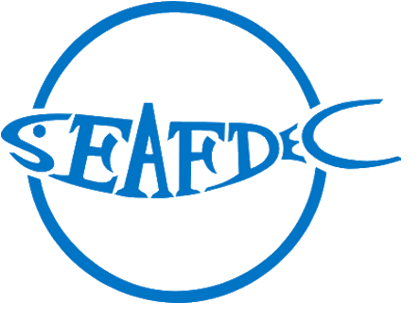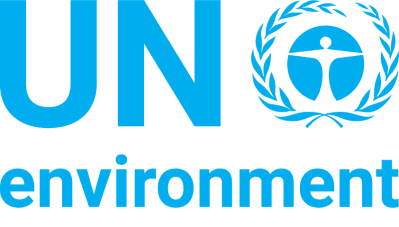Background & Situation Menu
Status and Trends in Fisheries and their Habitats Threats, root causes and barrier analysis Institutional, sectoral and policy context Stakeholder mapping and analysis Baseline analysis and gaps Known Areas of Critical Significance to the Life-Cycles of Fisheries Resources Priority Fisheries Refugia Areas




Establishment of Fisheries Refugia in Indonesia:
Background and Situation Analysis to Support
Stakeholder mapping and analysis
There are many stakeholder groups involved in this project, including central government institutions, local government institutions, academia, NGOs, community leaders and, direct users of fisheries resources. According to Law 32/2004 on Regional Government, Provincial Government has an authority to manage fisheries resources up to 12 nautical miles and the District/Cities Government has an authority to manage the fisheries resource up to 4 nautical miles (1/3 of the Provincial authority). Government Regulation 54/2000 on Fisheries Business, stipulates that Provincial Government has the authority to issue the fishing licenses for fishing vessels of 10 GT–30 GT, while the District/Cities Government issues the fishing license or vessel of 5 GT-10 GT. The fishing vessel under 5 GT is not obliged to have a license, but must register its vessel to the authority in the District/Cities. The authority of Provincial and Districts/Cities Government covers the management, conservation, development, protection, and utilization of fisheries resources under its jurisdictions. In order to implement fisheries management, Provincial, District/Cities Government establish local fisheries regulation based on the guideline of Law, central government policy, and Ministerial Regulations.
As mentioned previously, Indonesian fishers operating in the South China Sea are mainly based in the Provinces of Riau, Jambi, South Sumatra, and West Kalimantan. In the Indonesian sense, traditional or small-scale fisheries involve fishers using only 1 fishing boat, either non-powered, or powered by an outboard or an inboard motor less than 5 GT, and fishing only for subsistence purposes. In some parts of Indonesia, there is a traditional community-based fisheries management, such as in Maluku and Aceh provinces. In terms of ownership and exploitation rights, it should be emphasized that, based on the concept of Mare Liberum, the sea including the fish within it, is by nature Common and not susceptible to possession. Neither individuals nor governments can claim fish, and their possession is limited only through their being caught. It is a concept that continues to prevail today in Indonesia, despite the number of property rights and regulatory regimes that have been adopted in response to the growing awareness of the tendency to overexploit in the open-access setting. Therefore, the transfer of authority over the exploration, exploitation, and management of fishery resources from the central government to regional and local governments do not amount to a transfer of ownership of the fishery resources. Field interviews have revealed that the fundamental distinction between ownership and rights in relation to fishery resource use is not clear. It is therefore important that the central government launch an awareness campaign aimed at explaining the nature of the authority to be transferred to regional and local levels of government.
With regard to fish stock assessment, the National Commission on Stock Assessment of Fisheries Resources (Komnas Kajiskan), based on scientific data and information collection (best available scientific evidence), give advice, recommendations and input to the Minister as a reference of policymaking on responsible fisheries in Indonesian waters. Above mentioned roles should be played to build support for the establishment of community-based refugia.